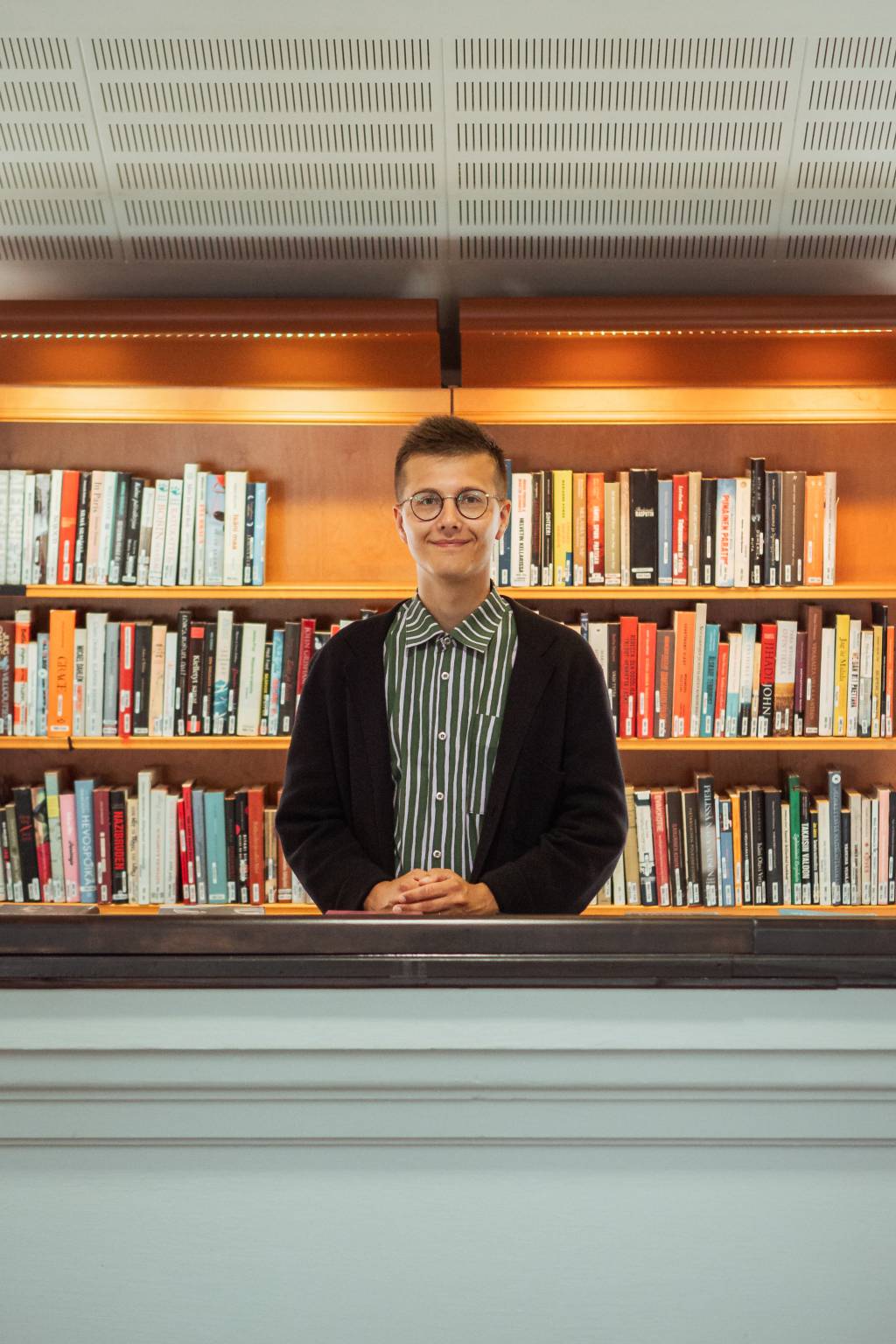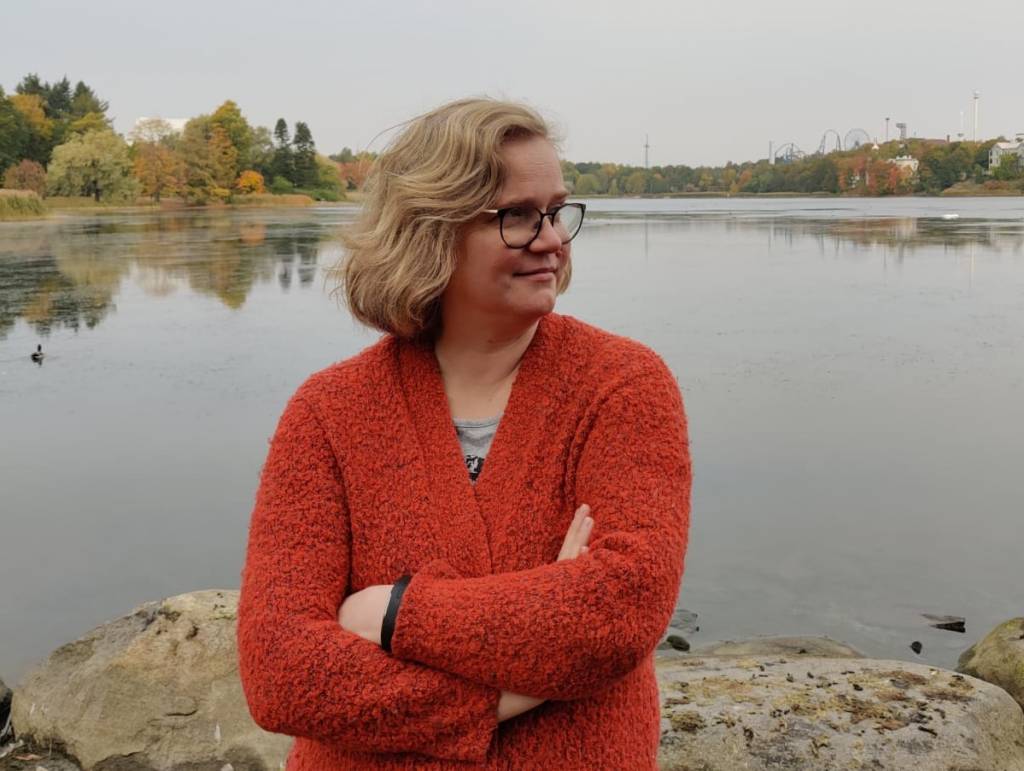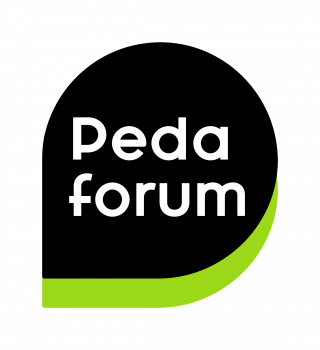Keynote Speakers

Juuso Nieminen
Who would assess the assessment? Towards sustainable assessment cultures
Assessment is one of the biggest factors affecting learning. Traditionally, the role of assessment has been understood as measuring learning. However, assessment also has an important social function. Assessment is an indelible part of the university culture: exams, grades, essays, presentations and theses have shaped the experiences of university students for centuries. Research has begun to emphasize even more the connection between assessment and grades to students’ well-being and identity – both good and bad. One could ask, would the students learn without assessment? What about without grades?
This presentation discusses the role of assessment in future higher education. Assessment must live in time: when society changes, it is necessary to think carefully about the methods and purposes of assessment. We need an assessment of the assessment! What is the value of exams and grades in future higher education? What does sustainable assessment look like in digital information societies? As artificial intelligence applications develop, how to assess human-specific skills? How could students be seen as active agents in the assessment – rather than as passive objects of the assessment? The presentation does not call for a change only in assessment practices, but in our way of understanding the role of assessment as part of higher education in the (near) future.
Juuso Nieminen Ph.D. (Higher education pedagogy) works as an assistant professor of education at The University of Hong Kong and as an Honorary Research Fellow at Deakin University, Australia. His background is a mathematics and information technology subject teacher and a special education teacher. Nieminen studies assessment that supports learning in higher education. In particular, he has studied the social, cultural and political dimensions of assessment. Why do we rate the way we do? Why do we give grades and what kind of social consequences do they have? Nieminen has also studied issues of inclusivity and participation in assessment. Nieminen has trained thousands of teachers in planning assessments that support learning. He also actively develops his own teaching and evaluation based on research data. Together with his colleagues, Nieminen has published the books Assessment Handbook and Inclusive Teaching in Higher Education.
(Keynote speech will be held in Finnish and will be simultaneously interpreted.)

Essi Aarnio-Linnanvuori
Can we cross here? Reflections on the possibility of higher education pedagogy acting as a bridge to a sustainable future
In its simplest form, sustainability education is education, teaching and training that deals with sustainable development and supports individual growth and learning as a factor in a sustainable future. Sustainability education is considered to be lifelong, which means that it also belongs to the greatest extent possible in higher education. However, the concept of sustainable development is associated with various tensions and ambiguities. Many entities and actors have been willing to join the pursuit of sustainability, but at the same time, the broad and contradictory concept has received plenty of alternative interpretations, and ultimately little has changed in society. However, the demands for a fundamental transformation to a sustainable society are increasing with the worsening of the environmental crisis – according to researchers, five of the nine planetary boundaries have already been crossed. How can higher education pedagogy support a student’s sustainability transformation? Is it at all possible within the framework of the prevailing operating cultures of higher education institutions?
In my presentation, I consider the pain points of higher education in relation to sustainability and transformative learning. In higher education, the contradictory concept of sustainable development can serve as a fruitful starting point for learning and critical discussion, whereas, the normative nature of sustainability education appears problematic from the perspective of the tradition of academic freedom and critical thinking, especially if the breakdown of sustainability is blamed on the shoulders of individual choices. In addition, the operational cultures of higher education institutions contain many unsustainable features. A real sustainable future requires a significant change in thinking and operating methods throughout society, in the creation and construction of which experts graduating from higher education institutions can play a central role. However, supporting creative learning requires prioritization, interdisciplinary skills, determination and pedagogical imagination from the teacher. For now, the bridge to a sustainable future is still shaky, but we have a chance to strengthen it.
Essi Aarnio-Linnanvuori, Ph.D. (Environmental change and policy), is a university lecturer in environmental education and sustainable development at Tampere University’s Faculty of Education and Culture and is an experienced expert in environmental and climate education. As a researcher, Essi is interested in developing interdisciplinary and comprehensive environmental education, which takes into account the learner’s identity, values and worldview. Currently, he is involved in the international research project CCC-CATAPULT, which studies the climate activism of young people, especially the gap between values and actions and ways to bridge the gap. Essi is also part of the management team of SIRENE, a research network for environmental and sustainability education. He received his doctorate from the University of Helsinki in 2018. Before starting work at the University of Tampere in 2021, he worked for a long time as a leading expert in environmental education at WWF Finland.
(Keynote speech will be held in Finnish and will be simultaneously interpreted.)

